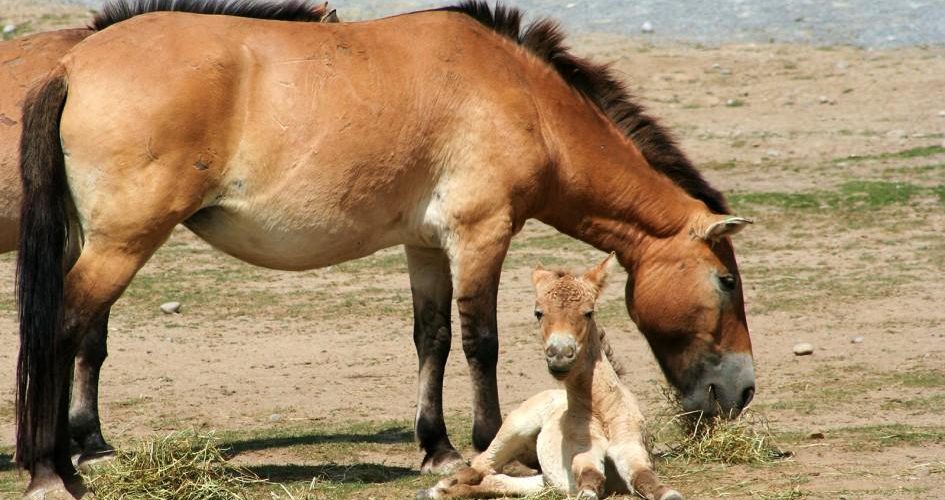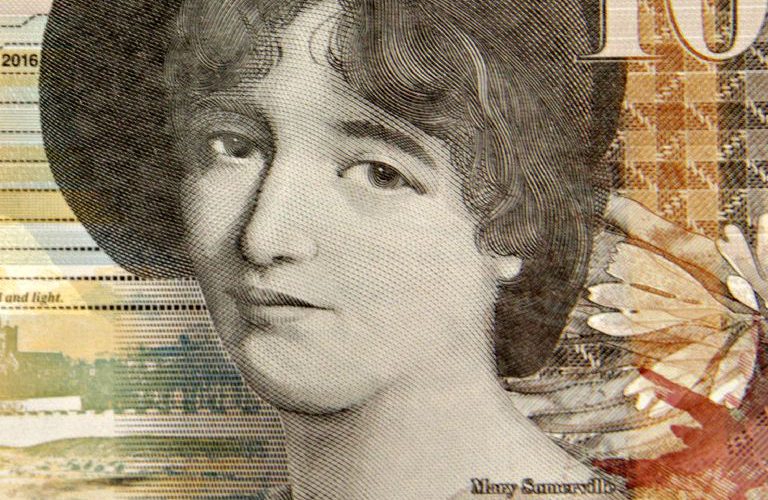A dictionary is a mirror of a language: Oxford Dictionary content gets rid of unnecessary stereotypes

Oxford University Press (OUP) has conducted extensive research with the goal of improving the content of Oxford Dictionaries.

The research was prompted by a complaint four years ago from the Canadian anthropologist Michael Oman-Reagan, who had noticed that some words in the dictionary were illustrated with the example phrases which may be considered sexist stereotypes. The word “rabid” was illustrated with the example phrase “rabid feminist”, the word “shrill” was defined as “the rising shrill of women’s voices”, and the adjective “nagging” used the example phrase “a nagging wife”.
After a huge project that involved picking over tens of thousands of example sentences, Oxford University Press (OUP) has been quietly replacing hundreds of those that “unnecessarily perpetuate sexist stereotypes” in Oxford Dictionaries, the dictionary source licensed by Apple and Google.
“People were talking about stereotypes being perpetuated by example sentences. That was something we’d never considered before,” said Katherine Martin, head of language content and data at OUP. “We’ve done a really extensive project looking at every example sentence that had a female pronoun in it, involving thousands and thousands of examples, looking for patterns to check if this was a valid critique.”

“We noticed … women’s hair was always being described with adjectives like lustrous, and there was a lot of stuff about women’s appearance that wasn’t necessary to explain what the meanings of words were,” said Martin.
Housework, for example, had been illustrated with the sentence, “She was doing the housework”. OUP’s lexicographers went back to the dictionary’s corpus – its huge collection of texts drawn from real life – to find examples “that would not perpetuate unnecessarily sexist stereotypes about housework”, said Martin. “And it was unreal, all the examples were either ‘she was doing the housework’ or ‘he wasn’t doing the housework’, that’s so tied into the notion of housework.”
The lexicographers ended up with “I was busy doing housework when the doorbell rang”. Around 500 changes to example sentences have been made to date in the ongoing project, including words to do with appearance (anatomy, hip, hot, ugly), sexuality and sexual behaviour (arouse, frumpy, frigid, grope), personality traits (avaricious, brainy, high-maintenance, shopaholic, stubborn), and concepts of traditional gender roles (housework, chore, domestically, housekeeping).
New editorial standards and practices have been established for example sentences “so we can be factually based but not unintentionally cause harm”, said Martin.
Deborah Cameron, a professor of language and communication at Oxford, welcomed the changes. “That’s very good news that they’re trying to fix that,” she said. “If you’re using a dictionary and every time you’re looking at example sentences they’re reproducing everyday sexism, then you are playing your part in a much wider cultural process whereby those associations – woman as sexual object, as body part – just get reproduced. So it’s not the dictionary on its own. The point is, the dictionary is participating in a process that produces consistent and persistent bias, and if there isn’t any actual reason to do it, we should not do it.”

The move comes after a week in which OUP has also faced criticism over the synonyms featured in Oxford Dictionaries for the word “woman”, with an open letter from campaigners criticising the inclusion of synonyms such as “bitch” and “maid”, and sexist examples of usage including, “God, woman. Will you just listen?”
OUP said it has been reviewing the word, along with other terms relating to women, and is set to label words such as “slut”, “slag”, and “whore” as offensive – meaning that the terms would be deemed unacceptable to use whatever the situation – rather than merely derogatory, slang, or informal. Words such as “spinster” and “frigid” are to be specifically labelled as derogatory, because they can no longer be used in a neutral way without a negative implication.
OUP is also planning expanded coverage of the word “woman”, with more examples and idiomatic phrases, and will be adjusting the labelling on its synonyms for “woman” to make it clear which terms are derogatory and offensive.
“We felt some words were given as synonyms for woman and were not strictly synonyms; there are different levels of a word meaning the same thing and we wanted to be really conscious of that,” said Martin.
But there are no plans to remove words such as bitch, which is labelled as offensive, from the synonyms provided for woman. The dictionary, said Martin, “reflects the way that language is used. It’s a mirror, and so it’s really important that it be a reliable, trustworthy, fact-based repository of information about the English language. That’s why if there’s a slur that exists, and it’s widely known, leaving it out would misrepresent the reality of the uses of the language.”
“What we want to do is present accurate factual information about language, that’s our key focus,” she said. “Within that boundary it’s an important consideration to be conscious of the unintentional impact that authoritative resources like the dictionary can have on historically marginalised groups. We have to hold that ideal alongside the ideal of being factually accurate.”
The changing definitions:
– psyche: (definition: the human soul, mind, or spirit)
original examples: I will never really fathom the female psyche
new example: The mind, the psyche, the soul, the spirit – call it what you will – also has to be returned to some sort of equilibrium
– housework: regular work done in housekeeping, especially cleaning and tidying
original example: she still does all the housework

new example: I was busy doing housework when the doorbell rang

– high-maintenance: (of a person) demanding a lot of attention
original example: if Martin could keep a high-maintenance girl like Tania happy, he must be doing something right
new example: I freely admit to being high-maintenance
– rabid: Having or proceeding from an extreme or fanatical support of or belief in something
original example: a rabid feminist
new example: a rabid ideologue


































